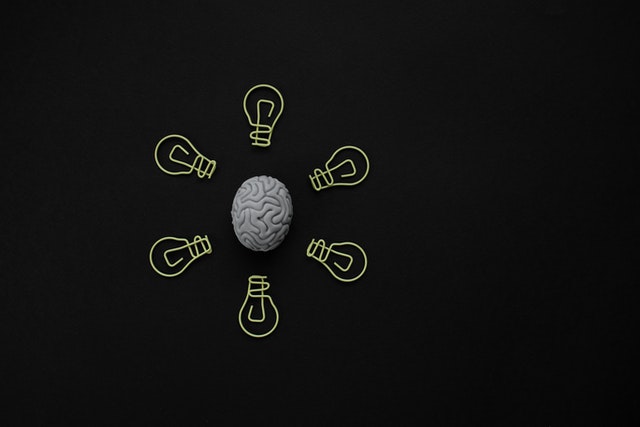Cognitive therapies, like Cognitive Remediation Therapy (CRT), are used to help restore and improve negatively impacted brain functions after a mild or traumatic brain injury. If you’ve experienced a concussion or a traumatic or acquired brain injury, cognitive therapy may be an effective solution.
Continue reading to learn more about rebuilding cognitive function and how you can benefit from CRT.
Rebuilding Cognitive Function
When a person suffers from an acute traumatic brain injury, they may experience certain cognitive deficits and dysfunction. Even the lowest level of injury severity, such as from concussions and mild traumatic brain injury (mTBI), have resulted in long-term cognitive functioning issues. And approximately 65 percent of patients with severe TBIs reported persistent cognitive and executive dysfunction. This specifically impacts regions of the brain that are responsible for memory, learning, and attention.
Cognitive therapy like CRT helps remediate cognitive function by helping patients who’ve suffered from mild to severe TBIs strengthen impaired functions through a series of training and exercises. This specialized training program helps test and challenge the brain, all while improving memory, function, and attention. Data-proven, co-occurring wellness practices – like mindfulness techniques, memory retention techniques, and customized fitness and dietary plans – round out the therapy.
Cognitive remediation therapy results suggest that, with practice, the brain can rebuild and retain its neuroplasticity. This essentially allows the brain to establish brand new connections despite loss due to injury.
How might you benefit from CRT?
CRT is most commonly recommended for patients experiencing cognitive dysfunction after a concussion or traumatic or acquired brain injury. It has shown has significant improvements for individuals suffering from cognitive impairments like:
- Issues with Frontal Lobe Processing
- Limited Cognitive Processing Speeds
- Executive Dysfunction
- Attention Deficit
- Fatigue
Through a comprehensive treatment plan, Cognitive Remediation Therapy can also help increase memory, comprehension, reasoning, speech, information processing, and learning abilities. With improvements in these areas, you’re to see a positive development in other parts of your life. Relationships, career goals, and daily stressors commonly improve as an effect of CRT. Experience better quality of life with every achievement you exceed as both your cognitive and psychosocial functioning improve.
The Hartman Center provides a 4-pillar approach to cognitive training. Supported by 45-years of data and research, our platform can help you build a pathway towards cognitive remediation. Contact us today to find out how you can get started on this effective method proven to help remediate cognitive dysfunction caused by brain injury.
